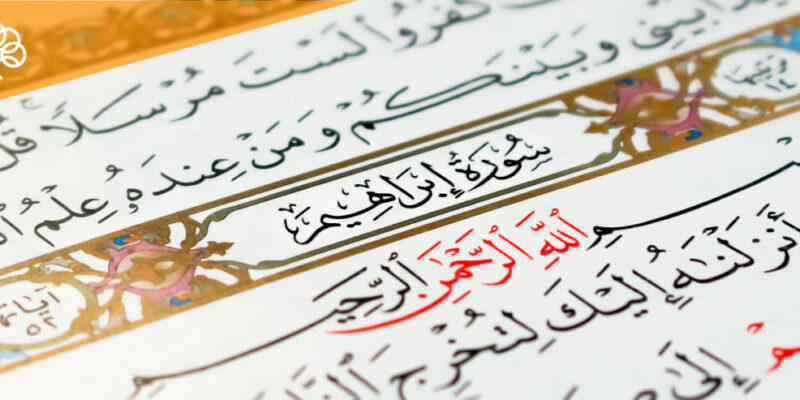This week, I presented a summary of research on Psalm 82 at the Oxford Interfaith Forum Psalms in Interfaith Context Reading Group. We had a lively discussion that ranged from identifying the prophetic voice, the mythological provenance, linguistic and poetic features, and extended theological implications.
This presentation opened with a reading of Psalm 82 in Hebrew and in English. I was initially drawn to Psalm 82 because of the mythological language that referenced the divine council. Who is hanging out with God in the heavens? But as I dug a little deeper, I realized that the significance of Psalm 82 is not in its awareness of the divine social order, rather it is in an ethical imperative that should inspire the reader to consider their role in taking care of the poor as an order of justice.
In this presentation, I explained how and why reading Psalm 82 ethically is meaningful to its liturgical use, and also how reading Psalm 82 as liturgy inspires the ethical message. My research in this area picks up from Gordon Wenham’s book Psalms as Torah. Through my research, I explored a connection between intentional ambiguity and ethics.
The poetic structure of Psalm 82 and its placement in the Psalter emphasizes an ethical message. The central feature of the 8-verse poetic narrative highlights the destructive consequence of injustice against the poor on the earth and for all who rule. The emphasis on care for the poor as proper justice is one shared by social traditions in the ancient Near East. To the East and to the West of Israel, religious texts demonstrate an awareness of a divine decree to care for the poor as an act of justice.
As a linguist, I really enjoyed looking closely at the language of the poor in Psalm 82. I extended this study to the entire Psalter in order to look at the meanings and significance of the condensed list of terms for the poor in verses three and four. This information may be seen more clearly in the handout: Study of Poverty Terms in Psalm 82 & the Psalter.
I closed the presentation with a description of the role of intentional ambiguity in Psalm 82. It has been really important to me that an ambiguous reading of a biblical text is not mere reader-response, but has a form of accountability, which I ensured by outlining the criteria based on William Empson’s Seven Types of Ambiguity. I found that the intentional ambiguity in Psalm 82 makes it possible to read the composition in an ancient liturgical setting and also in a modern liturgical setting. The multiple meanings of words and phrases bring the text across traditions and into view for an interfaith approach to justice. Because of the polyvalent features in Psalm 82, it is an ethical text that encourages just treatment of the poor and marginalized in ancient religious communities in pre-exilic Israel, in the Second Temple Period as resistance literature, and in a modern context where people of faith need to be reminded that we are all charged to look after those in need.
The session was recorded and may be viewed on the Oxford Interfaith Forum Youtube Channel. View the presentation Demanding Justice in Psalm 82.

Dr. Erica Mongé-Greer, holding a PhD in Divinity from the University of Aberdeen, is a distinguished researcher and educator specializing in Biblical Ethics, Mythopoeia, and Resistance Theory. Her work focuses on justice in ancient religious texts, notably reinterpreting Psalm 82’s ethics in the Hebrew Bible, with her findings currently under peer review.
In addition to her academic research, Dr. Mongé-Greer is an experienced University instructor, having taught various biblical studies courses. Her teaching philosophy integrates theoretical discussions with practical insights, promoting an inclusive and dynamic learning environment.
Her ongoing projects include a book on religious themes in the series Battlestar Galactica and further research in biblical ethics, showcasing her dedication to interdisciplinary studies that blend religion with contemporary issues.

1 Comment